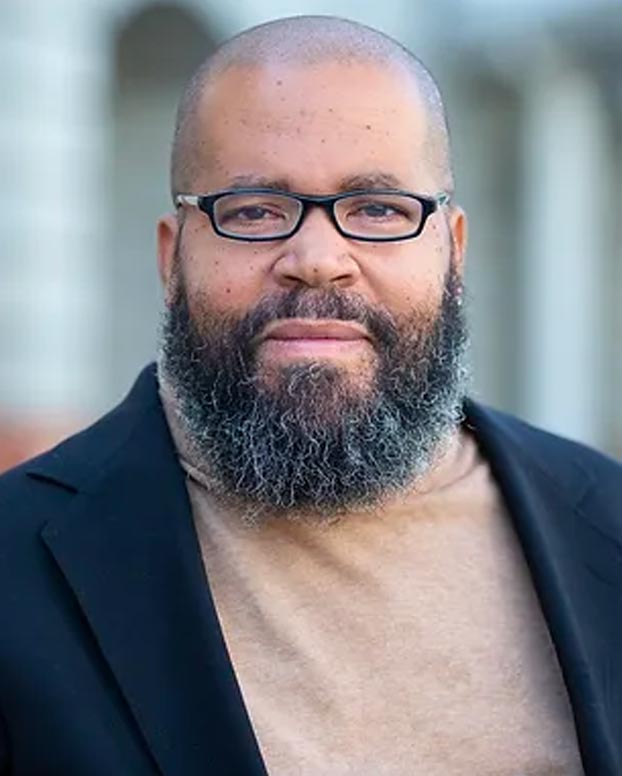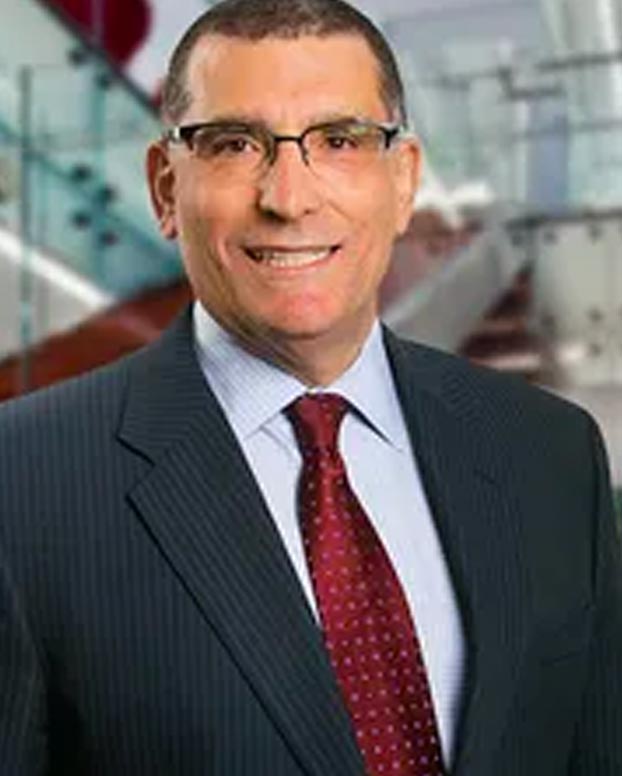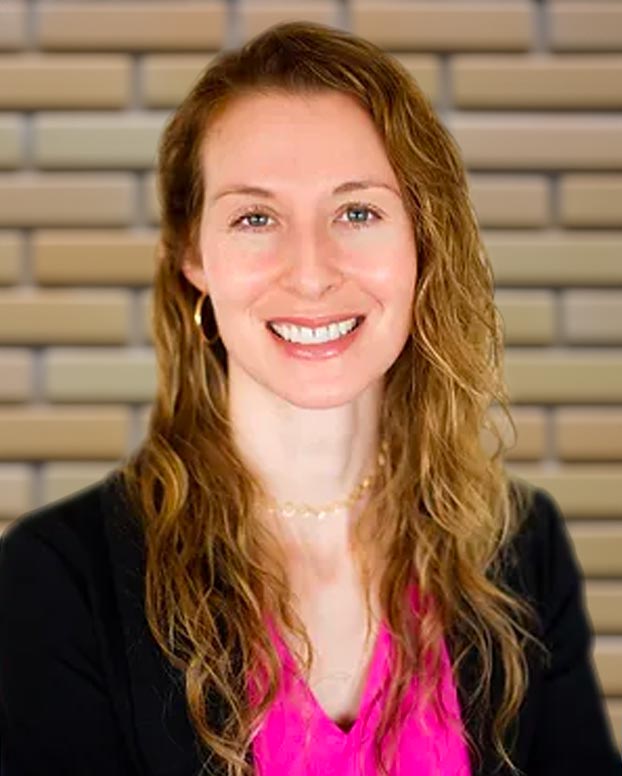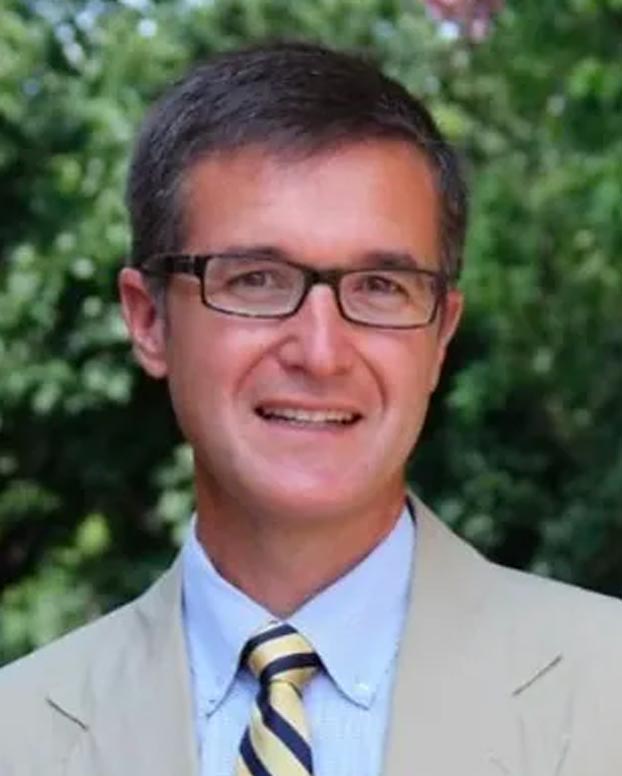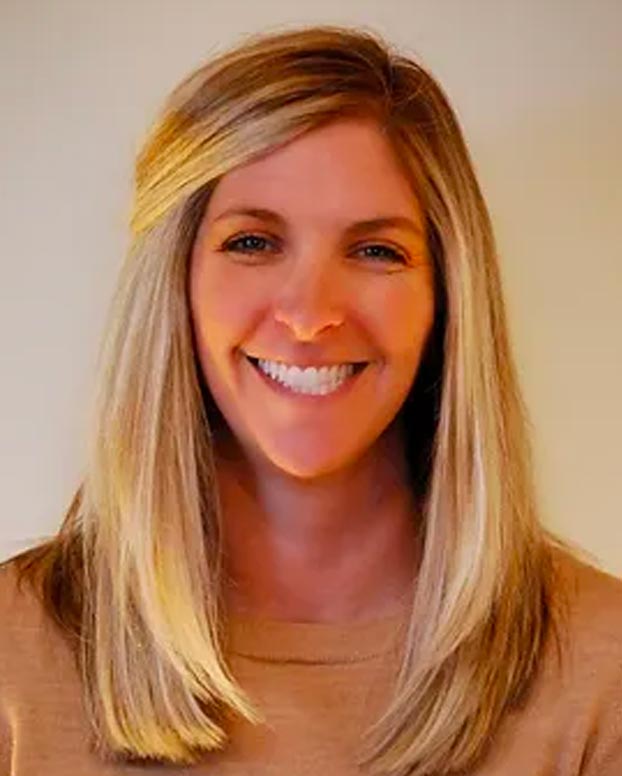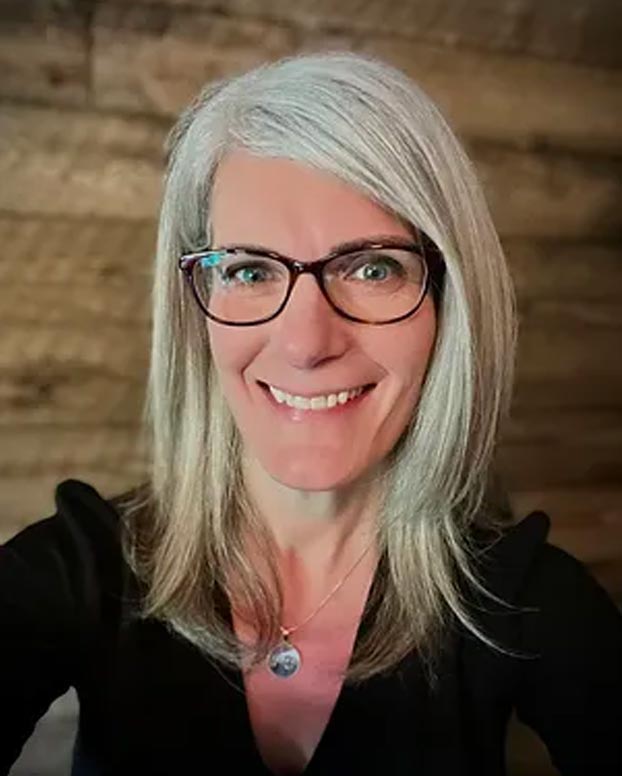Women in Disability Advocacy: Pam Bisceglia, Executive Director at AdvocacyDenver
March 18, 2025
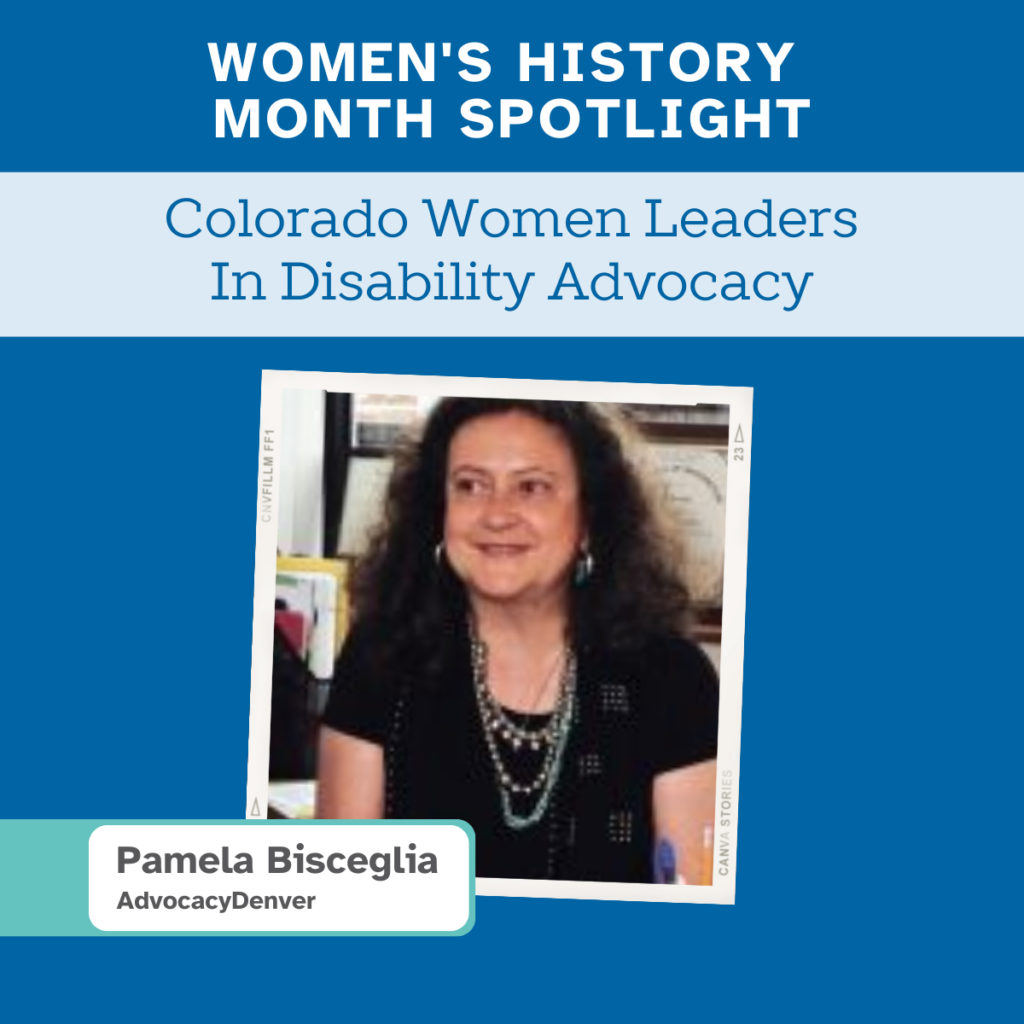
Meet Pam Bisceglia, a leading disability advocate and the Executive Director of AdvocacyDenver. In an interview with RMHS, Pam shared how her journey into disability advocacy began with the premature birth of her daughter and the challenges she faced in accessing essential services. Over the years, she has worked tirelessly to advance the rights of individuals with disabilities, both through direct advocacy and systemic change. In our Q&A, Pam reflects on the women who have inspired her, the impact of her work, and her advice for aspiring advocates. Read on for our full conversation.
Tell us about your career journey, especially as it relates to how you became involved in disability advocacy. What initially drew you to this work?
I stumbled into the world of disability as a single parent. My daughter was premature and had number of health issues that had a significant impact on her development.
Just as they were getting ready to release her to come home, they asked if I was willing to have her participate in a study — all I would need to do is to bring her in every three months for a year and they would check to see how she was developing. I agreed and later learned there were two groups, in the study. The first group of parents were introduced to every service agency and professionals who provided advice and recommendations in relation to child development, interventions, parent support groups, and more. I was a member of the second group in which the professionals vowed to remain silent in providing feedback or making recommendations.
I remember taking my 9-month-old child in and was asked to place her on her tummy on the floor, which I did followed by lifting and turning her head to the side. I was then asked to pick her up and place her on her tummy without touching her head. I followed instructions and when placed on her tummy, she did not turn her head and snorted until I rescued her.
The person who was completing the evaluation whispered, “I am not supposed to say anything, but a newborn baby instinctively turns their head. Hasn’t her pediatrician talked to you about physical or occupational therapy or speech therapy?” I said no, and that when I asked questions the pediatrician said that’s for him to worry about.
The next day I scheduled an appointment with the pediatrician and asked why he had not referred my child for therapy. He replied that his recommendation was to “institutionalize her, walk away, and forget you ever had her.” He went so far as to provide me with the names of different ‘homes.’
So, I fired him.
This was the start of my journey in learning about child development, infant services, and connecting with other parents. Initially my focus was on my child, but I later found time to support other parents. I learned about public law that speaks to the protections of children and individuals with disabilities—specifically IDEA, Rehabilitation Act, and the ADA.
I found myself advocating in different arenas. I worked as a disability family liaison for some 18 years in a public school system because sometimes people working within the system can drive change.
After 18 years it was time to leave the island, and I landed on the other side of the table from the public school system. In my current position at AdvocacyDenver, I walk with a team of talented advocates who provide individual advocacy to children and adults with disabilities. The team also advocates for systemic change that serves in the interest of the disabled community. Our shared goal is to forward the human rights of individuals with disabilities.
Can you tell us about what a week in your professional world looks like?
A day in the life of an advocate: last week I spent most of Tuesday waiting to testify at the capitol in support of HB25-1017 (this would codify Olmstead in Colorado law). On Wednesday I attended an Individualized Education Program meeting. On Thursday, community leaders and I met with Health Care Policy and Financing to discuss Long-Term Services and Supports and more.
The theme for Women’s History Month this year is ‘Moving Forward Together! Women Educating & Inspiring Generations.’ Throughout your career, has there been a particular woman who has inspired you?
I met a woman named June Hurst who had a son with a disability who was never allowed to attend school. She and her husband were some of the pioneers that advocated at the local, state and national level for civil rights of children and adults with disabilities. I met June when she was in her late 80s. At the time she was losing her vision, and she handed me a book of “occurrence,” a scrapbook filled with letters and news articles and said that someone must hold on to our history. Many of those articles now grace the walls of AdvocacyDenver and speak to where we’ve been and where we still need to go.
What is the most important way you think women in leadership roles like yourself can help inspire the next generation of women leaders?
Listen, encourage, mentor, share our history, and collaborate.
Who is a woman with a disability who has inspired you?
The second Friday in October, AdvocacyDenver closes our office in honor of Helen Keller. This is a holiday in honor of a woman with a disability who reminds us of what is possible when provided with an education. Having said that, I also have to say my daughter who inspires me each and every day.
What is one professional achievement you are particularly proud of?
I filed the first systemic complaint that was accepted by the Colorado Department of Education. Five students were named in the complaint, and we alleged that the district failed to provide the student with supplementary services (dedicated adult support) in order for the student to participate in general education activities. The students prevailed and an IEP meeting was scheduled for each of the five students named, along with an additional 120 students. Each walked away with an IEP that discussed the commitment of resources, including dedicated adult support via paraprofessional support for some or all of their school day.
What is one personal achievement you are particularly proud of?
I made the transition from welfare to work and I finished college, which took some 20 plus years.
What advice do you have for budding disability advocates?
We are all lifelong learners, so continue to participate in training. Take the time to listen to different options/opinions. Try to resolve issues at the lowest level and exhaust administrative remedies. When presented with an issue or if you are in a disagreement, ask yourself if this is the hill you want to die on. How important will this be tomorrow? In a week? In a month?
What resources do you recommend for people interested in getting involved with disability advocacy?
Reach out to your local Arc chapter, Colorado Cross-Disability Coalition, Family Voices, Disability Law Colorado, PEAK Parent Center, your local special education advisory council, Parent to Parent of Colorado (P2P), and El Grupo Vida. Additionally, sign up for trainings offered by public agencies, school districts, and parent groups.


